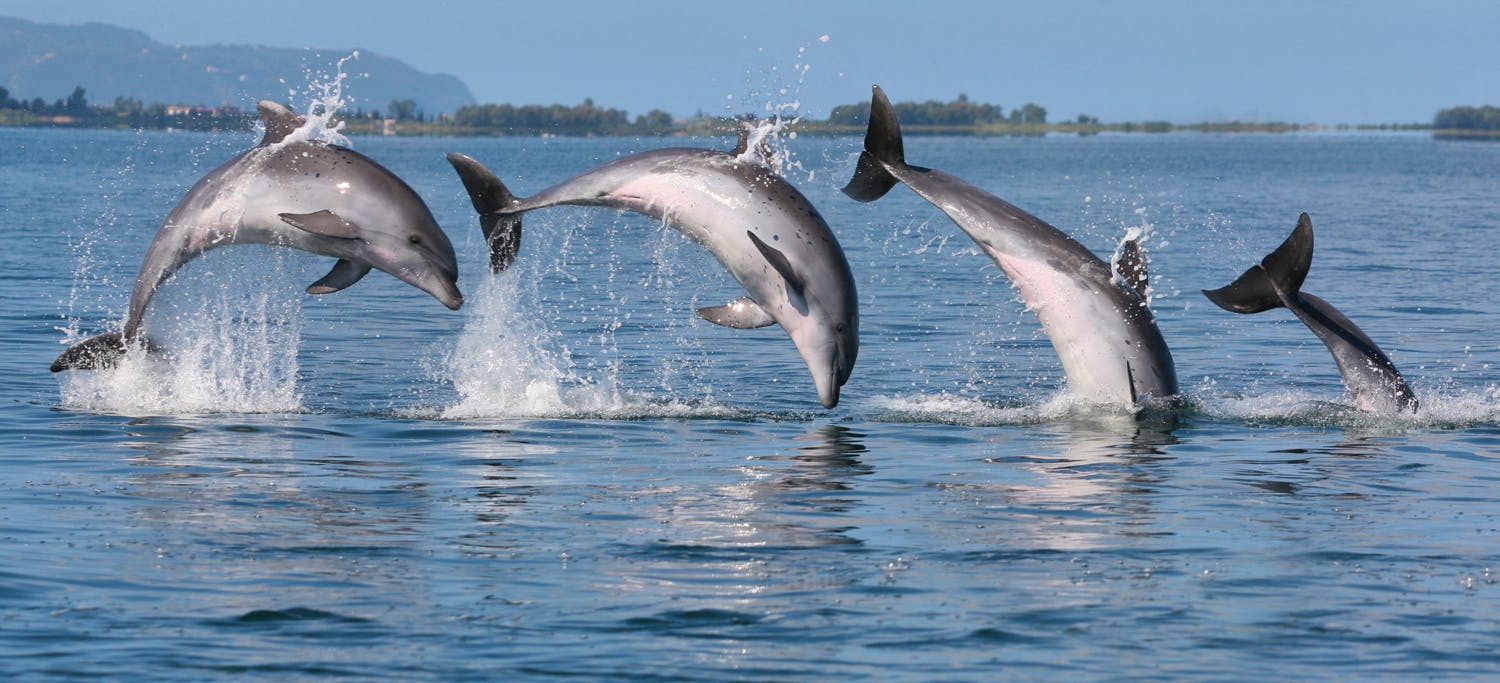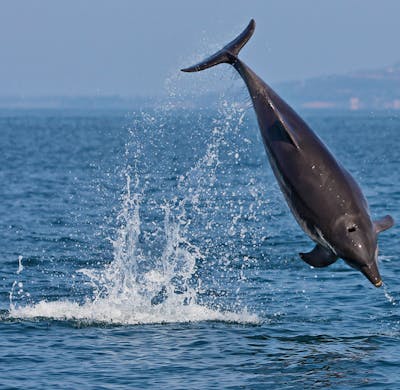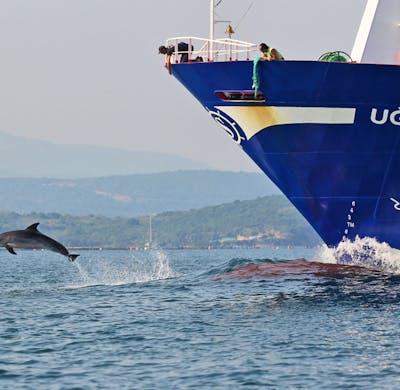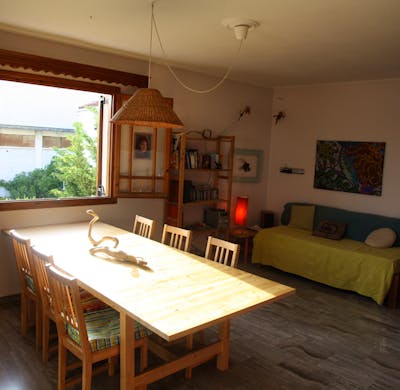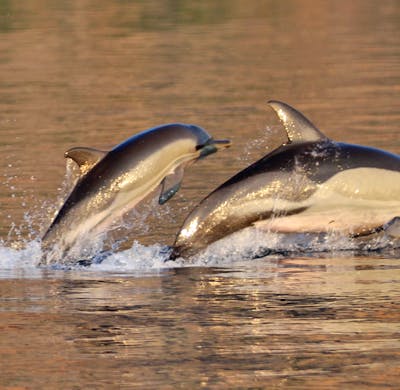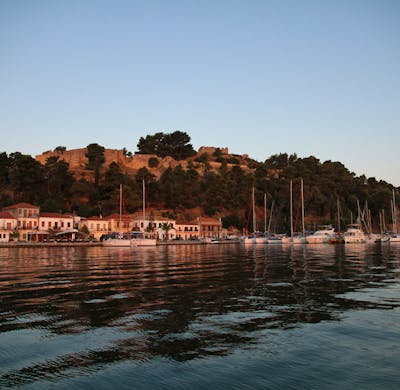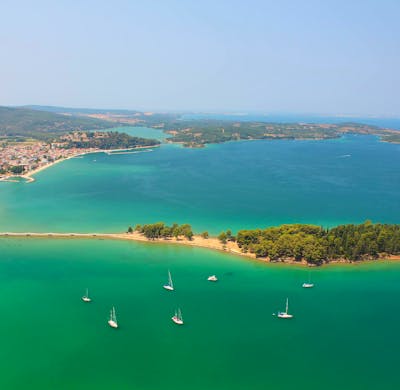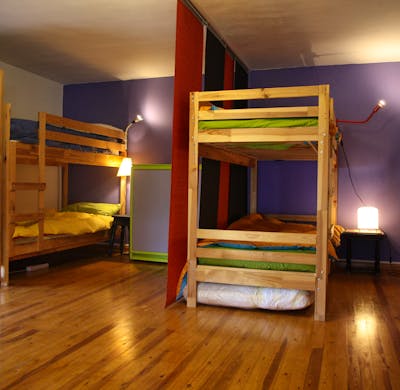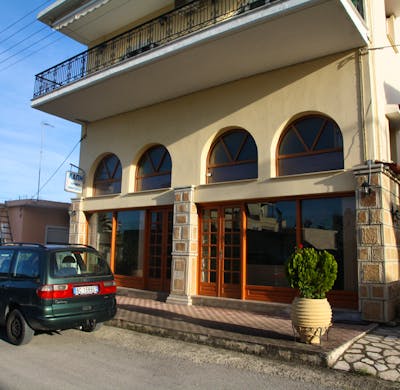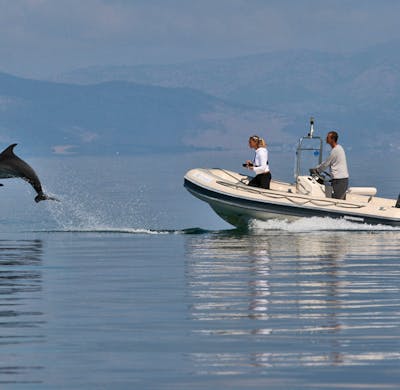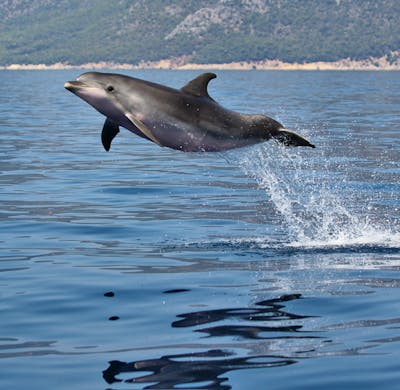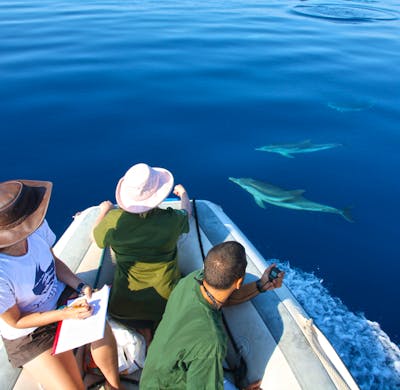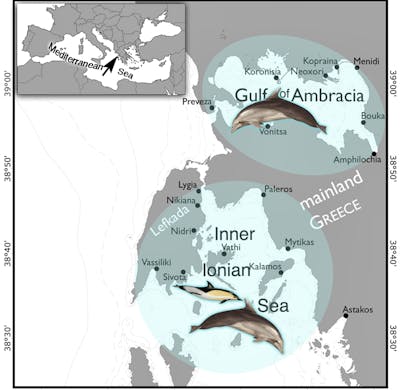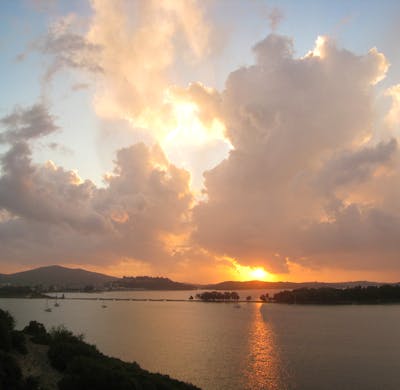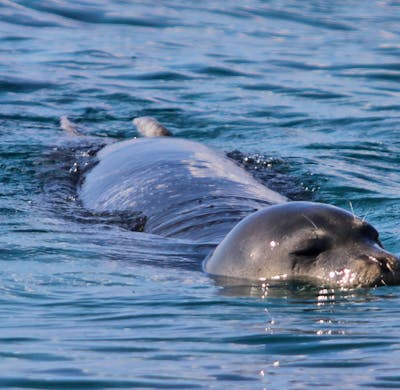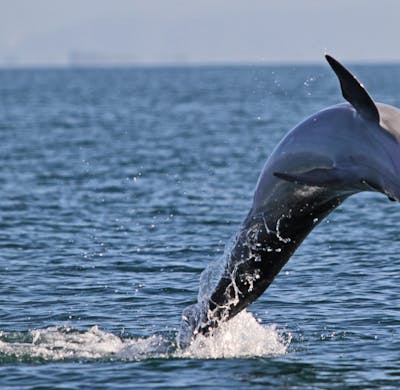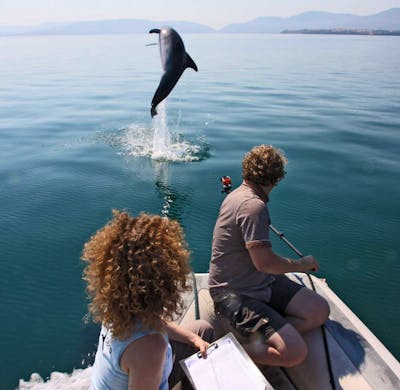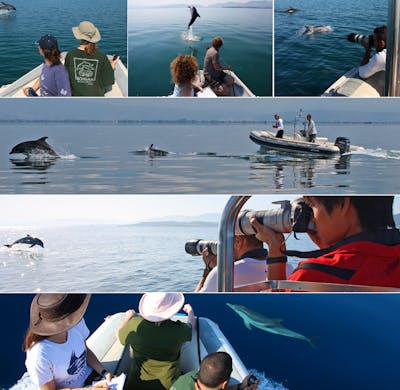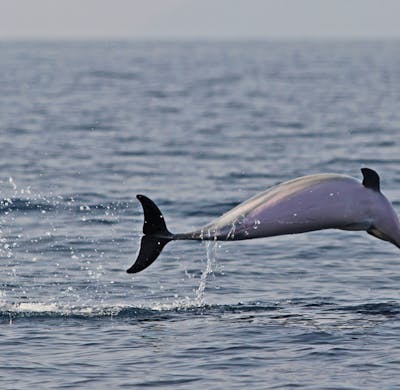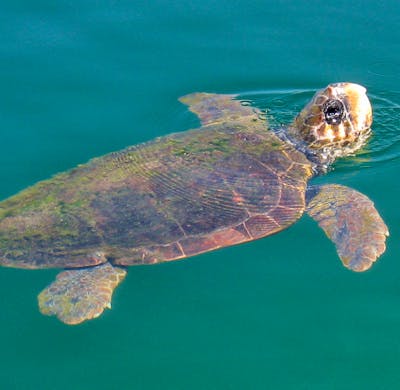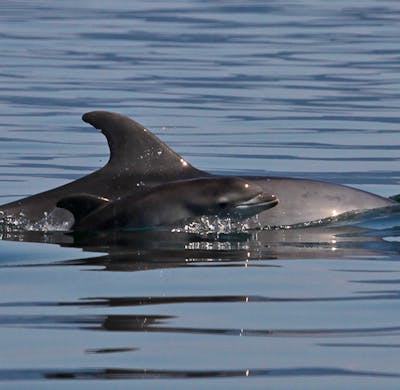2017 at Coastal Dolphin Conservation
Coastal Dolphin Conservation
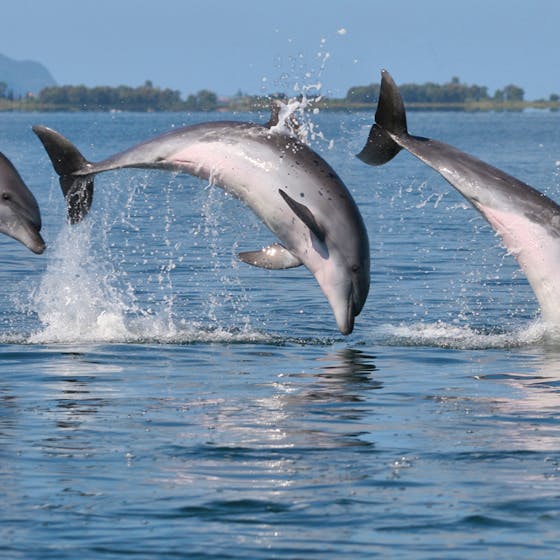
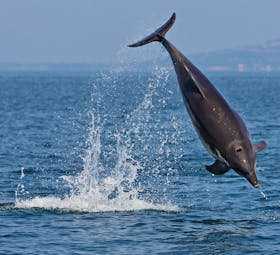
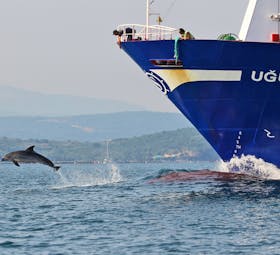
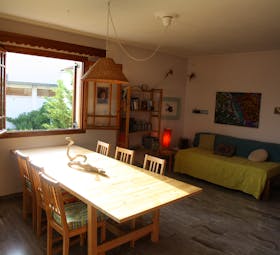
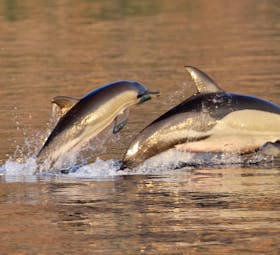
Clou
- Explore and volunteer in beautiful Greece!
- Volunteer with us and gain a first-hand understanding of the motivations that inspire our work!
- Be involved in the monitoring of the secondary study area located in the Inner Ionian Sea archipelago°
- Work side-by-side with researchers and contribute to field data collection
- Meet like-minded volunteers from all over the world!
- Explore and volunteer in beautiful Greece!
- Volunteer with us and gain a first-hand understanding of the motivations that inspire our work!
- Be involved in the monitoring of the secondary study area located in the Inner Ionian Sea archipelago°
Particulièrement approprié pour
À propos du programme
From June to September, be part of a scientific team focused on the study and conservation of coastal dolphins in the beautiful waters of western Greece.
By sharing every experience with us, and ultimately living a researcher’s life, you will gain a first-hand understanding of the motivations that inspire our work, appreciate its significance for dolphin conservation and learn about the importance of protecting the marine ecosystem and its ...
Journée typique
Volunteers will conduct daily surveys onboard the research boat, working side-by-side with the researchers and contributing to field data collection. You will actively engage in visual surveys, looking for dolphins, sea turtles, birds and other fauna during navigation. As soon as dolphins are ...
Activités de loisirs
Volunteers will have plenty of free time. The work at sea is concentrated mostly during the morning hours. Once back from the sea, we will all have lunch at the field base. Then, all team members will have about 2 hours of free time before starting to work with the data collected at sea during our ...
Conditions
Services inclus
NE SONT inclus dans le prix:
Informations sur l'arrivée
Frais de Programme
Rencontrez votre hôte
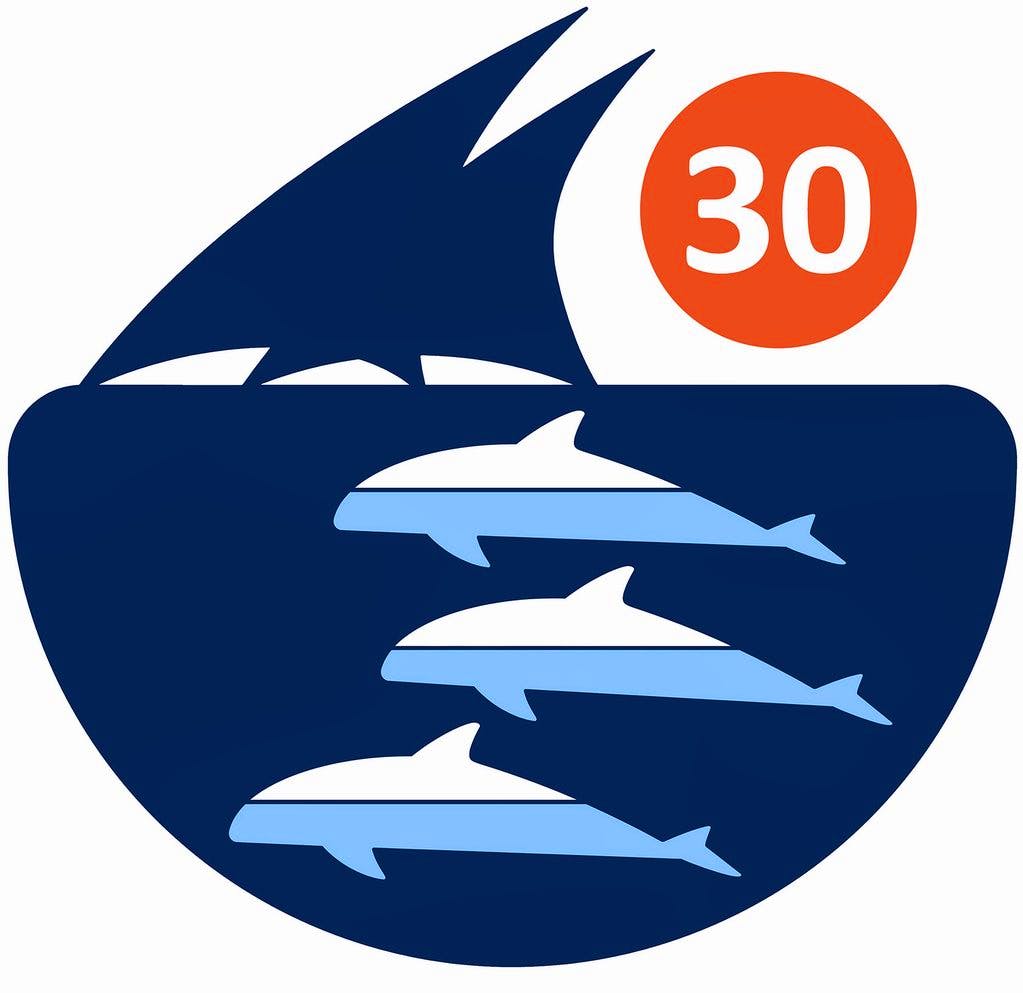
Tethys Research Institute
Non lucratif - fondée en 1991
Vérifié par Volunteer World
Hébergé par
Adriana
Sur le projet
8 avis ·  4.7
4.7
Emplacement

Ces projets pourraient t'intéresser aussi
-
Preservation des dauphins
Grands 5 marine
Mission humanitaire en anglais
Animaux en Europe
Missions de courte duree
Adulte
Baleines et dauphins
Couple
Les meilleurs programmes de bénévolat
Projets a l´etranger
Groupe
Famille
Mission Humanitaire pour les etudiants
